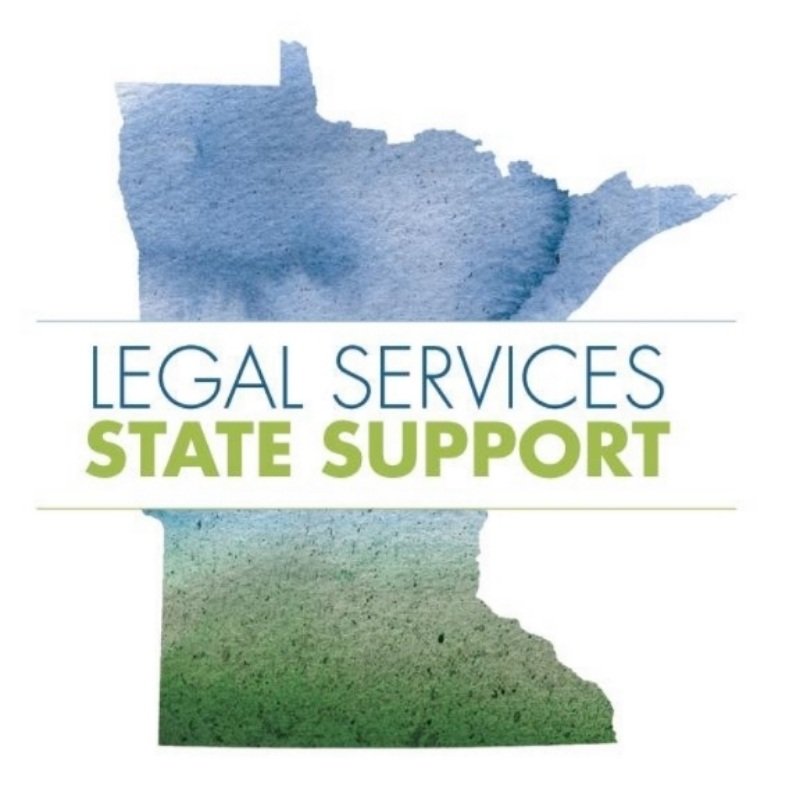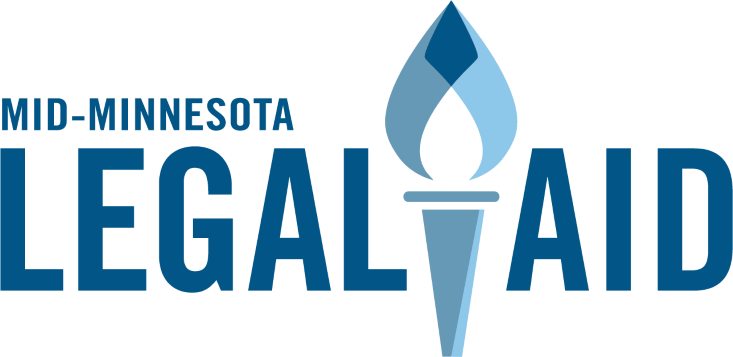Though Las Vegas was cited as “leading the pack” in mounting U.S. evictions since the pandemic began, Minneapolis was also cited in a recent Newsweek Magazine article. Along with Austin, Minneapolis has seen a five-fold increase in eviction filings between 2021 and 2022.
To help shine a light on the nationwide eviction crisis, Newsweek spoke to Mary Kaczorek, managing attorney of the housing unit at Mid-Minnesota Legal Aid (MMLA), along with other legal aid organizations across the country.
”I keep thinking each month is going to be lower, but the last couple of months are actually higher," Kaczorek said.
With eviction protections dwindling and ending, and filings rising dramatically across the country, tenants’ rights groups are urging government officials to respond with new and increased rental assistance programs. A housing affordability crisis, inseparable from rising evictions, is also adding to the situation, which existed before the pandemic and has only exacerbated it.
The Star Tribune also published an article this month about the increase in public housing evictions in Minneapolis and Saint Paul, with some filings for falling behind on as little as $100 or less in rent.
”The stakes are so high in these cases because it takes years and years to get into public housing, and once you're evicted from there, there's really nowhere else to go," Kaczorek explained.
The Star Tribune also spoke with Heather Mendiola, staff attorney with Southern Minnesota Regional Legal Services (SMRLS), about public housing tenants facing multiple financial obstacles all at once.
"Unfortunately, low-wage jobs aren't always flexible with paid time off. We see public housing tenants hit hard with unplanned catastrophic events, like hospitalizations and funerals, who are in the forced position to use the rent money to cover these unexpected expenses,” Mendiola said.
Read Las Vegas Tops Nation as Eviction Crisis Spreads Across America in Newsweek and Minneapolis, St. Paul public housing evictions outpacing pre-pandemic rates in the Star Tribune.
Bill Would Offer Protection from Eviction for Renters Seeking Assistance
Last June, when protections for tenants seeking help from RentHelpMN expired, there was nothing to stop eviction actions from moving forward, even as financial hardships endured for many in the wake of the pandemic. Now, proposed legislation supported by housing advocates, including Mid-Minnesota Legal Aid (MMLA), could prevent eviction for non-payment of rent as long as the tenant has a pending application for rental assistance with a federal, state or local agency.
Mary Kaczorek, managing attorney with MMLA, told KSTP News, “COVID is still very real. You have people paying a ton of their income to their rent and they get COVID, a family member dies, or their car gets in a car accident, just one thing can change their whole situation. They fall behind in their rent and because these protections are not in place their landlord can file right away.”
The Minnesota Multi-Housing Association supports the concept of the proposed bill, but hopes that reasonable guidelines, particularly about time limits, are added so that both residents and property owners will benefit. Read more on KSTP.com.
Mid-Minnesota Legal Aid Continues to Advocate for Hybrid Eviction Hearings
Minnesota Lawyer’s recent article Hennepin court’s return to in-person eviction hearings draws criticism, takes on the issue of how the need to physically appear in court can make a significant impact on the outcome of a case. Because of the backlog of pandemic-related eviction cases and the end of the moratorium, Hennepin County District Court has returned to in-person hearings for many cases. After a significant period of remote hearings, the return to court appearances is causing disruption and even harm.
Mary Kaczorek, managing attorney at Mid-Minnesota Legal Aid (MMLA) told Minnesota Lawyer, “If you miss court or come too late, the judge issues a default judgment, the landlord gets the writ of recovery, and the sheriff comes out and puts a 24-hour notice on your door. This all happens in a matter of days.”
As things return to normal, including at court, many advocates, including Kaczorek, feel that the access to justice gained by remote hearings will be lost. In communities with lower incomes, where issues like a lack of reliable child-care and transportation can make getting to court harder, in-person hearings could seriously affect housing stability.
For a number of reasons, Hennepin County District Court’s significant backlog of cases is able to be handled more quickly in-person than remotely.
“The referees and clerks at housing court do great work, but they have been given too many cases to handle at one time,” Kaczorek said. “The policy choice to return to in-person eviction court prioritizes timeliness over fairness.”
MMLA and other housing advocates continue to support a hybrid option, with remote hearings as the default mode. If a person has limited access to technology or chooses to be in person because of a disability, that option should be available as well. Read more in Hennepin court’s return to in-person eviction hearings draws criticism.
CMLS and Hennepin County Library Assist Renters in Need
According to the US Census Bureau’s experimental Household Pulse Survey, an estimated 8 million tenant households were behind on their rent in the U.S. as of October 2021. The effects of eviction are well-known to legal aid lawyers — problems borrowing money, applying for credit, and finding housing, to name a few.
As eviction moratoriums expire and are phased out, some libraries have stepped up to help patrons by partnering with legal aid organizations to mitigate the aftereffects of eviction. In Minnesota, one such partnership is that between Central Minnesota Legal Services (CMLS) and the Hennepin County Library (HCL).
The Brooklyn Park Library (part of the HCL network) works with CMLS to inform the community about how legal aid can help with evictions and related legal problems. Sarah Pherson Meyer, CMLS lead attorney for the partnership, and other attorney staff present workshops that cover renters’ rights and eviction expungement, as well as sessions on criminal expungement and credit repair. Monthly virtual sessions have been held since fall 2020 and are attended by 20 - 25 people per session.
“The HCL program is another great avenue to reach clients facing eviction or other barriers to housing. These may be clients who our traditional outreach may not reach or have other access barriers. Since the program is currently virtual, individuals who may normally be unavailable due to work or other obligations may now be able to access this resource,” Pherson Meyer said.
Read more in Relief for Renters in the March/April edition of American Libraries magazine.
Eviction Cases Move Forward During Moratorium Off Ramp
Since the moratorium phase out began, weekly eviction filings in Minnesota have nearly tripled, but are still a fraction of pre-pandemic levels due to renter protections enacted as part of the Omnibus Housing Finance and Policy Bill passed during the Special Session of the Minnesota Legislature.
The eviction moratorium off ramp started on June 29 and lasts for 105 days total. Starting on July 14, landlords could resume evicting tenants for material breaches of lease agreements — things like noise disturbances, having pets if prohibited in the lease, or smoking. Beginning August 13, a landlord can terminate or non-renew a lease if the renter is ineligible for COVID-19 rental assistance, and on September 12, a renter can be evicted for non-payment of rent if also ineligible for COVID-19 rental assistance.
Luke Grundman, managing attorney with the housing unit at Mid-Minnesota Legal Aid (MMLA), is bracing for a sharp increase in cases as the off-ramp continues. Grundman spoke with KSTP News recently and acknowledged that although eviction cases are nowhere near what they were pre-pandemic, the cases are more complicated than they were a year and a half ago.
"A number of rights have now been created for families facing eviction," he said, including a provision that protects tenants with a pending rental assistance application through the state's RentHelpMN program.
"Those rights all need to be resolved," Grundman said. "It's not easy to resolve them in the course of the handful of minutes that the court system may have available for each individual case."



